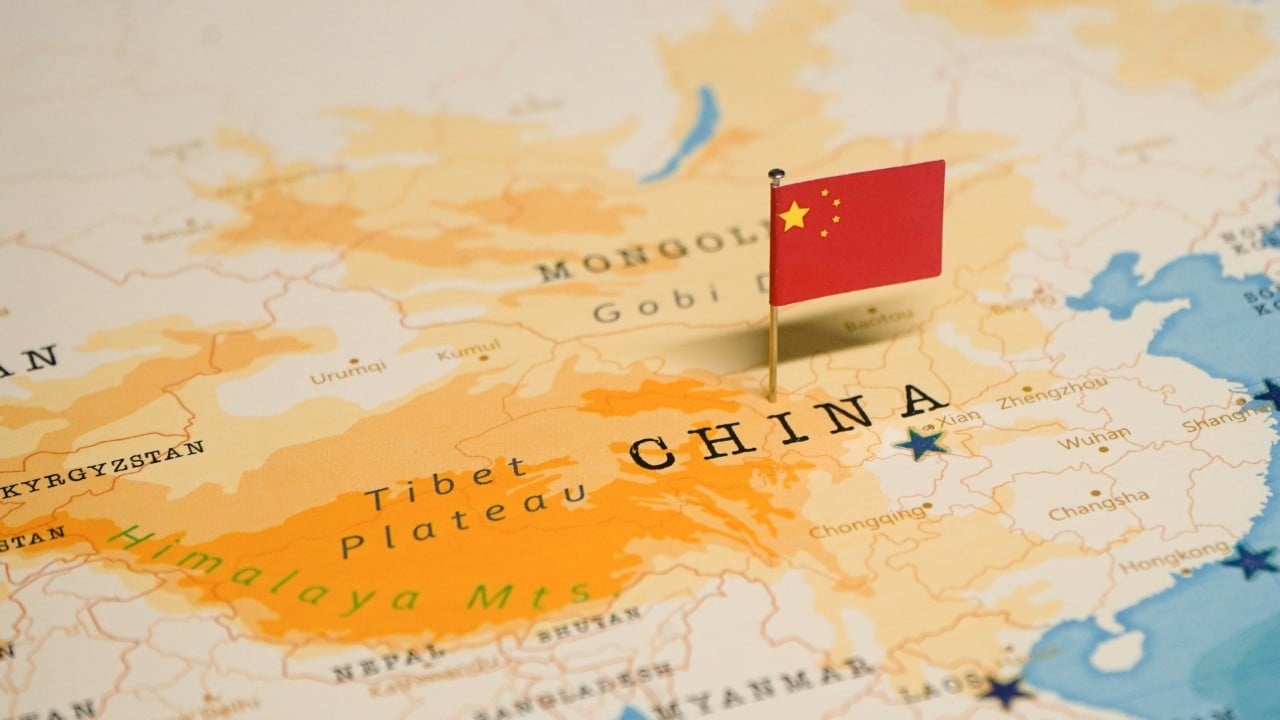China must leverage its new cultural symbols and stay open to interacting with scholars across Asia to reshape its global messaging, Chinese experts have said, urging Beijing to counterbalance what they say is a historically dominant Western narrative.
Advertisement
They also noted that Beijing should take a more proactive role in shaping international rules and norms in emerging fields to align soft power with China’s growth, especially as the foundations of the United States’ hard power appeared increasingly fragile.
Zheng Yongnian, a prominent political scientist, said China must take a leading role in shaping the “Asian narrative” with an open and inclusive mind, invite more Asian scholars to engage, seek common ground and promote dialogue to push back against an entrenched dominance of Western discourse.
Asian values were rooted in the principle of “harmony and diversity” and the region should return to its tradition of consensus-based politics, he said in an interview published on July 17 by China International Communications Group (CICG) Asia-Pacific, a state-owned organisation operated by the Communist Party’s Central Propaganda Department.
“For a long time, Western discourse held absolute dominance, and most Chinese scholars were educated within that framework. As a result, China had struggled to project its voice internationally. Today, that is beginning to change – but it will take time,” he said.
“China must take the lead in the next stage of shaping an Asian discourse. We must approach this with an open mindset. You can’t have a ready-made narrative to forcibly impose on others – like the US does.”
Advertisement
As global power dynamics change – with the US shifting from international engagement to a more domestic focus, and emerging economies, such as the Global South and the Brics bloc, seeking a more active role in global governance – discourse power has become a key arena of international competition, according to experts.


.jpg?itok=Y6IG-obk)